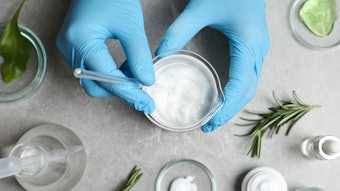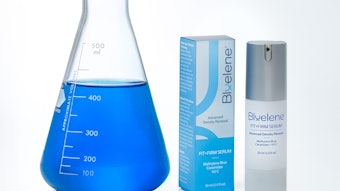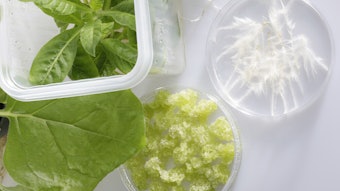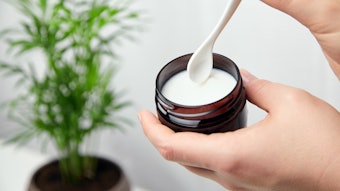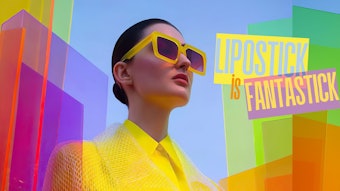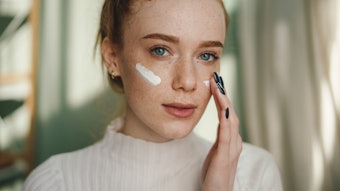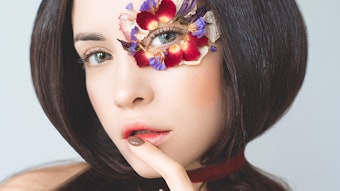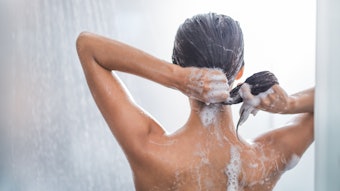
Like the beef tallow skin care craze before it, seed-oil-free beauty is entering a new phase of visibility, powered as much by cultural/political belief systems as by a desire for safe, efficacious products.
To illustrate, The Seed Oil Free Alliance has debuted its Seed Oil Free Certified designation for products across categories, including beauty. The certification has reportedly been attained so far by more than 40 brands across categories, all of which have substantiated that their products include no seed oils, including fats and oils and "hidden seed oils in compounding ingredients," per an official announcement.
The Seed Oil Free Alliance, founded by former financial analyst Jonathan Rubin, claims that "28% of Americans actively avoid refined seed oils," making a certification highly relevant to shoppers.
But are seed oils bad for humans?
These materials are rich in omega-6 fatty acids, which are not as desirable as omega-3s, which have ample heart-health implications.
Despite this, "The American Heart Association supports the inclusion of omega-6 fatty acids as part of a healthy diet," according to the organization.
While the group acknowledges that "the optimal balance between the two," fatty acids is unknown, there is no immense risk in their consumption, much less topical application.
That said, some emerging research has flagged linoleic acid content in some consumed oils as being potentially problematic in some cancers. However, this is early work focused only on dietary exposures; more research is needed to fully understand the underlying issues.
Common seed oils found in skin care include heroes such as rosehip, jojoba and argan, as well as everything from coconut to corn to sunflower. While all fall into a general seed-oil category, their individual chemistries vary greatly.
Nonetheless, there is an undeniable popular movement broadly against some of these materials, fueled primarily by dietary-sourced exposures.
“Many people are choosing to avoid seed oils to rebalance their fat intake, reduce harmful by-products formed during cooking and heating, and make space for more nutrient-rich foods,” said Laurel Orley, CEO and co-founder of Daily Crunch, a certified food brand. “The Seed Oil Free Certification process helps food brands eliminate harmful seed oils, allowing consumers to make informed decisions about their health.”
As part of its program, The Seed Oil Free Alliance has launched a product finder web page to ease access to Seed Oil Free Certified products, restaurants and wholesalers.
Participating brands include Saturée, a skin care brand "made without PUFA-rich [polyunsaturated fatty acid] seed oils, with only stable saturated fats, and pro-metabolic active ingredients."
The certification comes amid a boom in beef tallow skin care, itself fueled by TikTok trends and so-called trad wife culture, reflecting the ongoing influence of cultural and political worldviews on ingredient and product trends.

